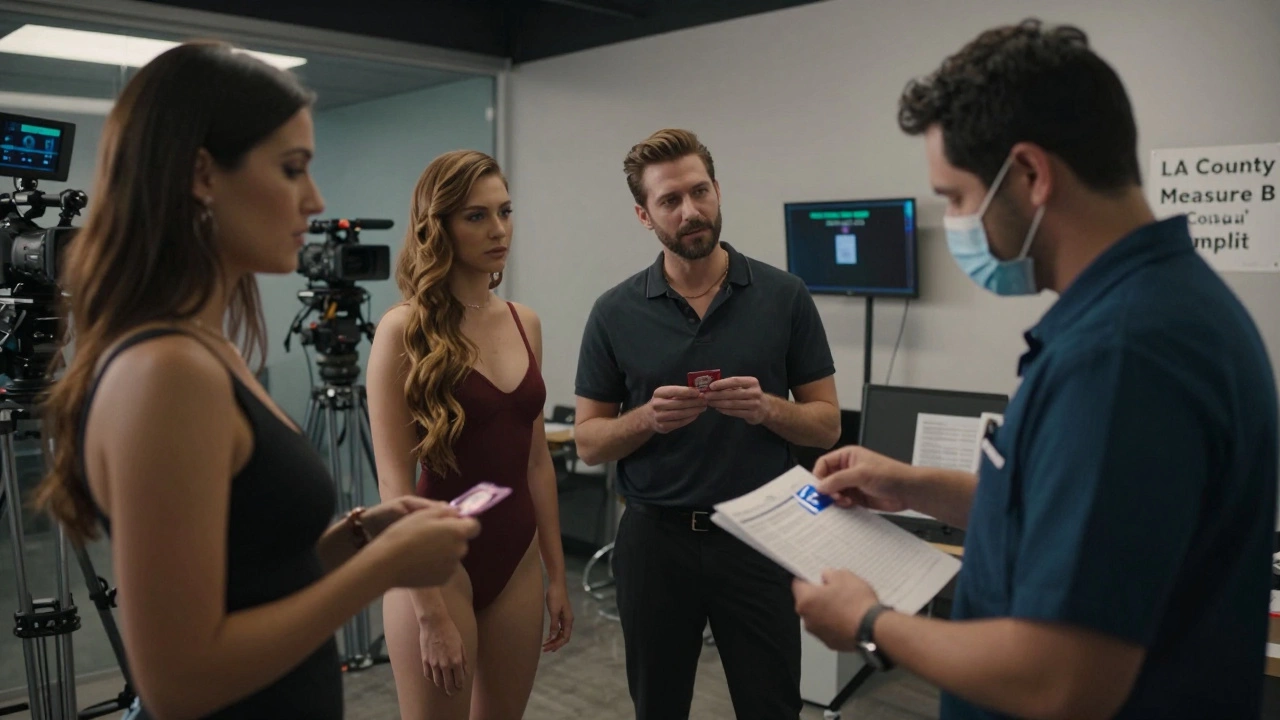Legal Technology and Services: Tools, Tips, and Trends
When navigating Legal Technology and Services, the blend of software, platforms, and expertise that streamline legal work for businesses and creators. Also known as legal tech, it helps anyone from a solo entrepreneur to a large firm cut paperwork and stay compliant.
One of the most talked‑about platforms in this space is Clerky, a service that automates formation documents, financing paperwork, and equity management for startups. While Clerky excels at corporate paperwork, it doesn’t cover trademark registration, the process of securing exclusive rights to a brand name, logo, or slogan. That gap has sparked interest in tools that combine the two worlds.
Legal Technology and Services encompasses trademark registration tools that let you search the USPTO database, file applications online, and track status in real time. Those tools influence how quickly a startup can protect its brand, which in turn affects fundraising and market entry. In practice, a founder might use a dedicated trademark service alongside Clerky’s incorporation suite to cover both corporate structure and brand protection.
Why these tools matter for modern businesses
First, automation reduces human error. When you file a trademark on your own, a missed deadline or a typo can cost months and money. Specialized platforms run checks against existing marks, suggest alternative spellings, and even flag potential conflicts with other industries. Second, integration saves time. Some legal tech solutions now sync with accounting software, CRM systems, and even document‑management tools, turning a fragmented workflow into a single dashboard.
Third, cost predictability is a game changer. Traditional law firms charge hourly rates that can balloon. Modern legal tech offers flat‑fee packages, subscription models, or per‑search pricing, giving founders a clear budget upfront. This transparency encourages more small businesses to protect their intellectual property early rather than waiting until a dispute arises.
Legal Technology and Services also demands a basic grasp of intellectual property law. Knowing the difference between a trademark, a copyright, and a patent helps you pick the right tool for the job. For example, a logo might need a trademark, while a software algorithm could require a patent, and a blog post falls under copyright. Choosing the right service avoids wasted effort and ensures each asset is protected appropriately.
Another emerging trend is AI‑driven trademark suggestion. Some platforms analyze your product description, target market, and existing marks to propose brand names that are both catchy and likely to clear the USPTO’s exam. While AI isn’t a substitute for a qualified attorney, it speeds up the brainstorming phase and surfaces options you might never consider.
When you combine these capabilities with a solid incorporation service like Clerky, you create a full‑stack legal foundation for any new venture. The flow might look like this: incorporate with Clerky → run a trademark search with a dedicated tool → file the application through the same platform → monitor status and receive alerts → update corporate records once the mark is granted. Each step feeds data into the next, reducing redundancy.
Of course, no tool can replace professional advice entirely. Complex cases—such as international filings, oppositions, or enforcement actions—still benefit from an experienced trademark attorney. But for routine filings and early‑stage protection, the right legal tech can handle most of the heavy lifting.
Below you’ll find posts that dig deeper into specific solutions, compare pricing models, and share real‑world experiences from founders who have walked this path. Whether you’re hunting for a Clerky‑like experience for trademarks or just want to understand how legal tech can tighten your startup’s compliance, the collection has you covered.
Ready to explore the tools, tips, and trends that shape Legal Technology and Services? Dive into the articles ahead and see how these platforms can streamline your legal journey.
A's Measure B Law Now Forces Porn Stars to Wear Condoms - What It Means for You
Posted by Zander Callaghan with 0 comment(s)
Measure B in LA County made condoms mandatory for porn stars - and it’s worked. No HIV cases in over a decade. Here’s how the law changed porn, why AI is rising, and what it means for viewers.
view moreIs there a tool like Clerky for trademarks?
Posted by Zander Callaghan with 0 comment(s)
As a blogger, I've been exploring whether there's a tool similar to Clerky but for trademarks. Unfortunately, there doesn't seem to be a direct equivalent. Clerky is a fantastic resource for legal paperwork, particularly for startups, but it doesn't extend to trademarks. If you're looking to register a trademark, it's advised to use a specialized service or consult with a trademark attorney. While this may seem daunting, it's crucial to ensure your trademark is correctly registered and protected.
view more
